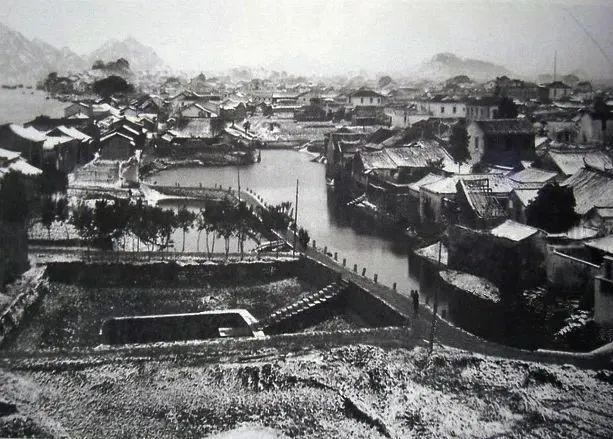City of entrepreneurs: Wenzhou, centre of China’s private economy
In the year of 1131, hearing the news that the central government had decided to establish one of the empire’s seven customs offices in Wenzhou, the locals could no longer suppress their longing to jump on board, seeking fortune beyond the sea. For a conservative nation that worships physiocracy and detests any kind of commercial activities, the merchants of Wenzhou broke the chains of routine. Having their financial interests tied up in overseas shipments, they became one of the first Chinese adventurers to set their feet on foreign lands.

For the next millenniums, merchants from East China’s city boldly took up their ancestors’ mantle, venturing out to create their business network around the globe. With their sharp minds and business acumen, Wenzhou merchants have become the largest overseas-Chinese group to date, with a population of almost 700,000 in 131 countries, and have created 600 business organizations and unions helping Wenzhounese extend their business reach all over the world.
The vibrant business vibe in Wenzhou is a sign of the momentum of the city’s development. Despite the COVID-19 pandemic from January to May 2020, the city’s export volume reached 54.1 billion yuan, a year-on-year growth of 0.7 percent, while in May alonethe export volume reached 14.5 billion RMB, a growth rate of 10.6 percent. The booming commercial industry has made Wenzhou a leading power of China’s private economy.
“Hard work led to success; success nourished innovation; innovation bred new opportunities, this is the essence of the Wenzhou business spirit and the secrets of our success,” said Zhang Huamei, a local business leader, who is also China’s first licensed private business vendor after the reform and opening-up policies were initiated in the late 1970s.
Merchants of Wenzhou, city of private business
There is an old saying in Wenzhou: the city is 7/10 mountains, 1/10 water, and 2/10 farmland. Due to its cultural and geographical remoteness and its lack of natural resources, locals have always been driven to find business opportunities far beyond the sea or deeper inland, contributing to their independent, self-reliant and business-oriented character.
The hardworking Wenzhou merchants have made the city a centre of China’s private economy. According to statistics, private enterprises in Wenzhou have contributed over 90 percent of tax revenue, GDP, technology innovation and urban employment.
Fifty-nine-year-old Zhang Huamei is a representative of the merchants of Wenzhou. China’s economic miracle started with her: she was the nation's first licensed private business vendor after the Reform and Opening-up policies were adopted 42 years ago. In the past decades, she has founded a business empire selling buttons in Wenzhou, her hometown.She, along with other local business leaders, produce over 60 percent of the world's buttons.
Born in a poverty-stricken family, teenage Zhang dropped out of school and became a street vendor selling small commodities such as buttons and watch straps. Back in the 1970s, the term “merchant” was equivalent to “petty criminal” in China, as the country strictly forbade private-owned businesses, even if this so-called “business” was nothing more than an outdoor table piled with knick-knacks. Zhang’s biggest fear back then was that she might be detained for conducting “speculative activities.”
In 1978, the debate on whether China should adopt private business ownership was heating up. It was eventually settled as affirmative[settled as an affirmative action? ] in December at the Third Plenary Session of the 11th Central Committee of the Communist Party of China. Zhang quickly applied for a business license and became the first of more than 2,000 vendors in Wenzhou in 1980, upgrading her table-shop into a one floor store.
Like Zhang, Wenzhou merchants seized the opportunity and adjusted well to the new system, becoming the leading power of China’s new economic landscape.
The twists and turns of her business ventures have turned Zhang into an astute businesswoman. She founded her button empire in 2000, with 200 square meters of shop floor in Wenzhou’s commercial centre, along with design, sales and stockpile division in addition to several assembly lines. She makes millions of yuan in revenue every year, and has become a legend and role model for women with dreams of making it big in business.
In addition to traditional trade, Wenzhou merchants have also invested a hefty amount in technologies and innovation. Weiming Environment Protection Co.,LTD., Wenzhou’s tech giant focusing on waste recycling and environmental protection technologies, established China’s first domestic-designed garbage power plant in 2000, and has now exported its equipment to countries such as Spain and Belgium.
“In the old days, being hardworking was sufficient enough to make money, but now innovation and technologies are the key to business success. Wenzhou merchants nowadays are using advanced technologies and new business ideas to create more opportunities, competing with our international counterparts,” said Xiang Guangming, owner of the tech company.
The modern Wenzhou business spirit
Surrounded by lush mountains and limpid creeks, a small guesthouse glows under the setting sun. Through its glass windows, the sky is flushed in vivid crimson, from which verdant forests roll away in varying tones of emerald. It is Augustand the air is warm and fresh, with notes of wood smoke and lavender exquisitely mingling with the subtle odors of delicate food.
The Hanshe Huitang guesthouse is always crowded in the evenings. Though it’s hard to find a spot where you can escape the eyes of those within, the owner of the house and his family still extend their arms in hospitality to the influx of visitors.
“Guests here can escape the hustle and bustle of city life, and feel their lungs fill with the lush scenery. I have always wanted to build a utopia in my hometown, and now my dream has come true,” said Huang Jing, owner of the guesthouse.
In 2018, after living in Italy for most of their lives, Huang and his wife Liu Yan decided to come back to Wencheng County in Wenzhou city, east China’s Zhejiang Province, in hopes of establishing their career at home. In line with the local authorities’ development strategies for promoting ecotourism, the couple set up the Hanshe Huitang guesthouse. Its name literally means “return to my humble home.”
Like Huang, many Wenzhou merchants are now returning home to start their own businesses, as they believe China’s fast development can offer them new opportunities. Educated and with experience living abroad, young Wenzhounese like Huang have brought new features to the Wenzhou business spirit.
“For modern Wenzhou businessmen, courage and hard work are not enough to realize your business dream. You need to be creative, adding new ideas to your business blueprint. There are several guesthouses around mine, but I never worry about competition, because our unique and creative features help us go even further,” said Huang.
Creativity and innovation are the couple’s secret to success. The guesthouse’s decorative wooden walls are made from over 2,000 panels from the demolished ancestral house, while the stone jars used to make pickles have been converted into pots for plants. Huang has designed a number of creative products, such as puzzles depicting the guesthouse’s beautiful views, hiring bands to perform beside the swimming pool, and throwing themed parties catering to the guests’ needs. Liu has made full use of her skills as a cook, designing dishes and beverages combining Chinese and European flavors, such as plum and kiwi wine, Chinese yam cappuccino and Chinese mocha tiramisu.
The modern Wenzhou merchants have also used their advanced business network around the globe to tackle global issues. During this year’s COVID-19 pandemic, over 260 Wenzhou business unions across China and 350 overseas Chinese organizations purchased necessary medical equipment abroad todonate back to China, and when the pandemic swept the world, they returned the favor by donating Chinese-made equipment to other pandemic-stricken nations.
“At the most critical time, we have ordered our enterprises to set up production lines to produce masks and medical equipment, sending them abroad to help other nations,” said Chen Jianhua, chairman of Wenzhou Chamber of Commerce.
“In the modern era, cooperation and mutual understanding are also important for business. I think that’s what the modern Wenzhou spirit is about,” he added.
本文转自:温州新闻网 66wz.com
相关新闻
为你推荐
-
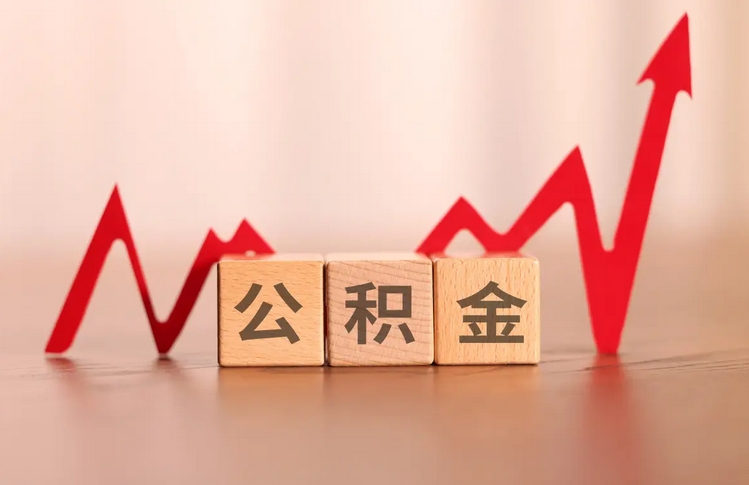
新政惠民!温州住房公积金贷款同比增长46.95%
社会12-14
-
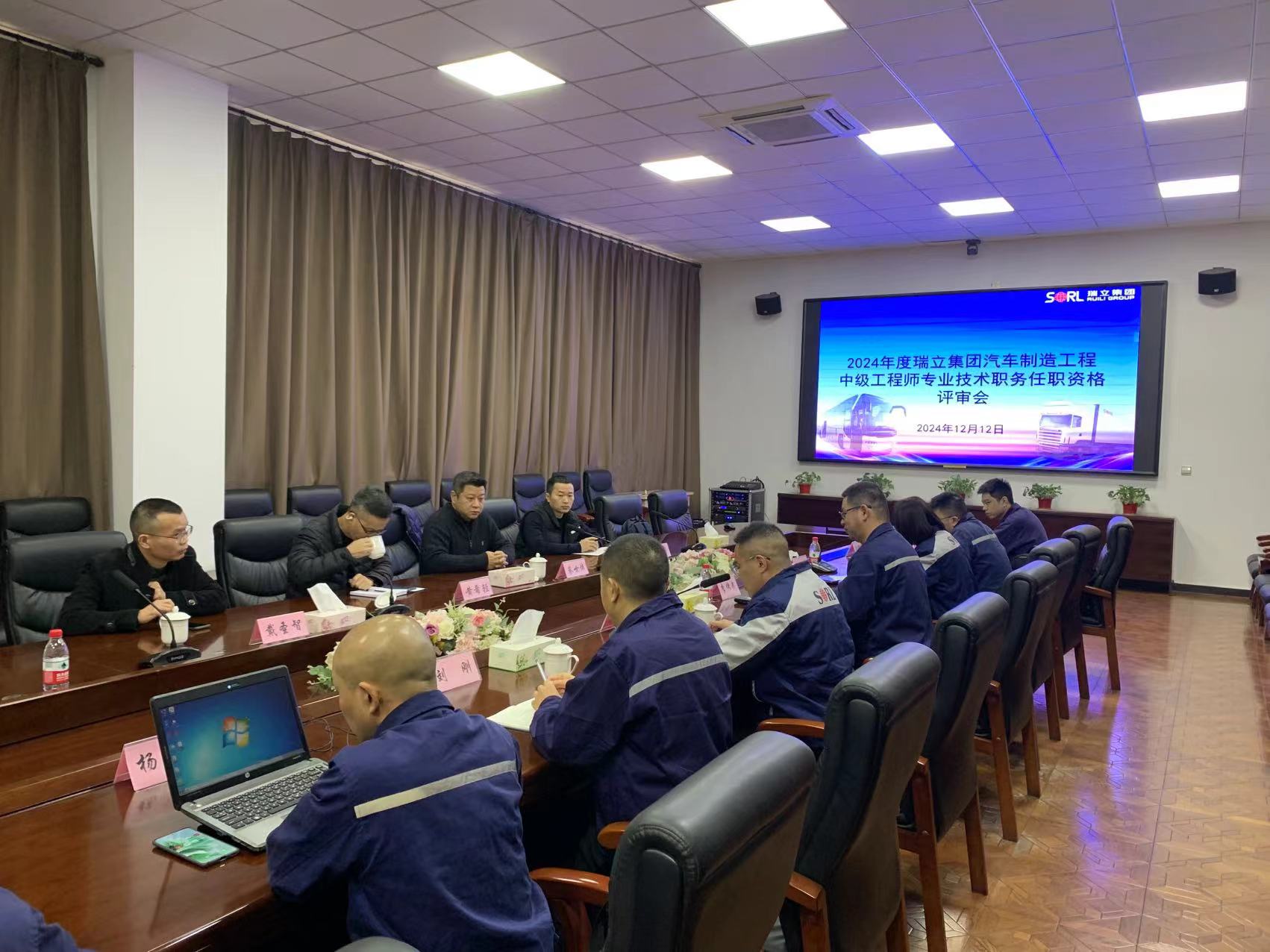
优化人才评价体系 73人通过“问企识才”机制改革获评职称
社会12-14
-

从建筑码到房屋码实现“一码全链” 这场全国性会议上“温州经验”受关注
社会12-14
-

代表委员看温州交通变化 高速里程从全省倒数第二到全省第三
社会12-14
-
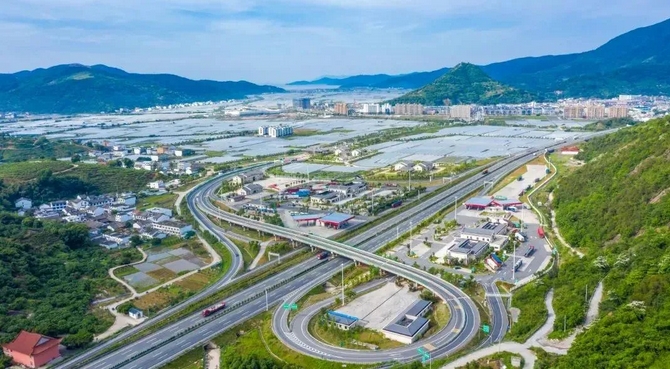
苍南启动省级共富乡村试点建设 一条国道串联5个抱团乡村
社会12-14
-

无土栽培 自动浇灌…… 鹿城这里有个种草莓的“植物工厂”
社会12-14
-
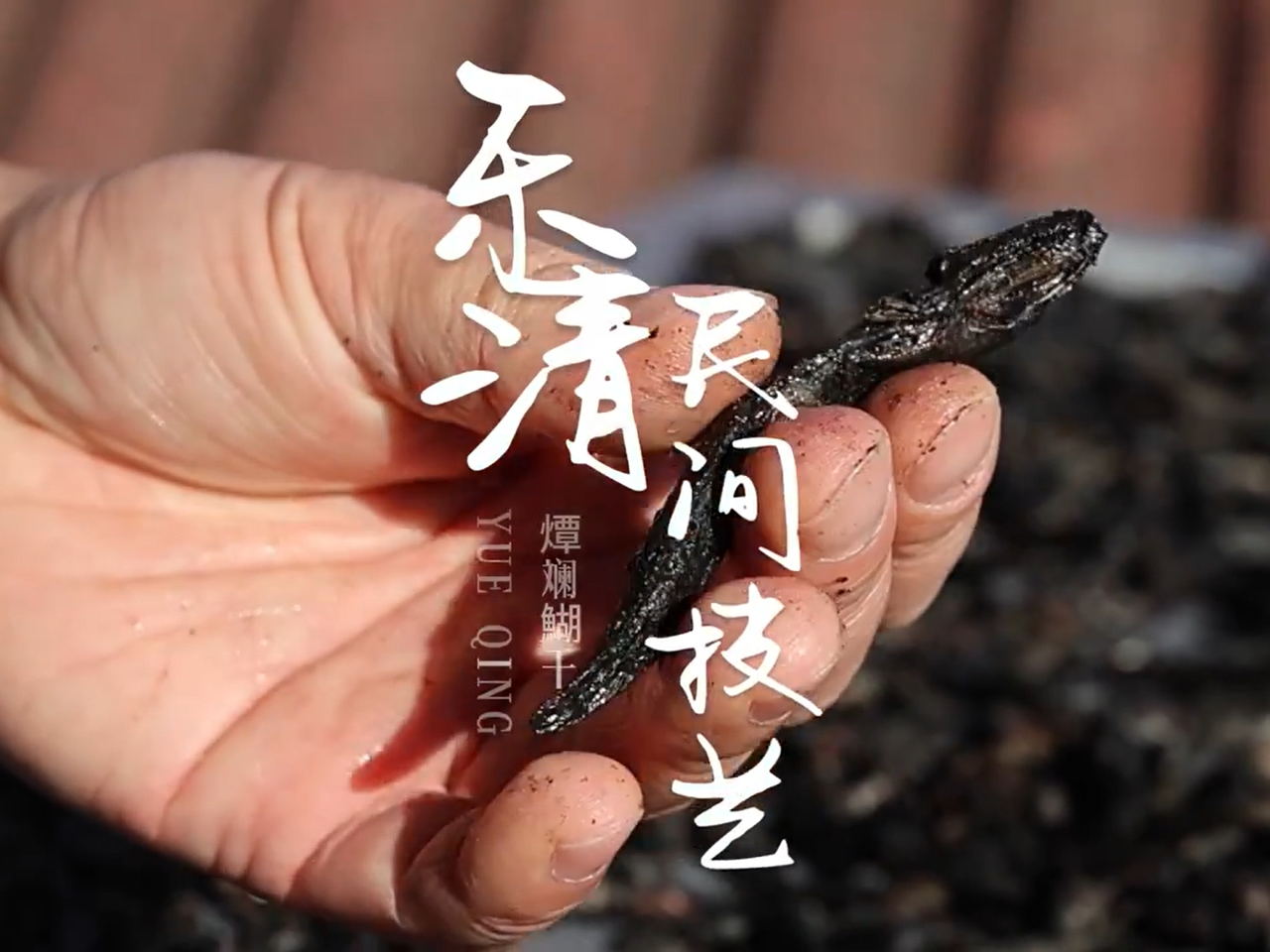
这个乐清民间技艺仅冬日可见!错过等一年
社会12-14
-
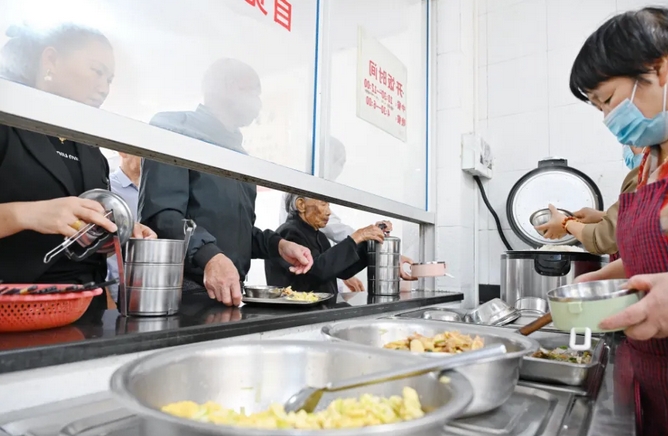
乐清这间乡村公益老年食堂老火了 持续温暖11年
社会12-14
-
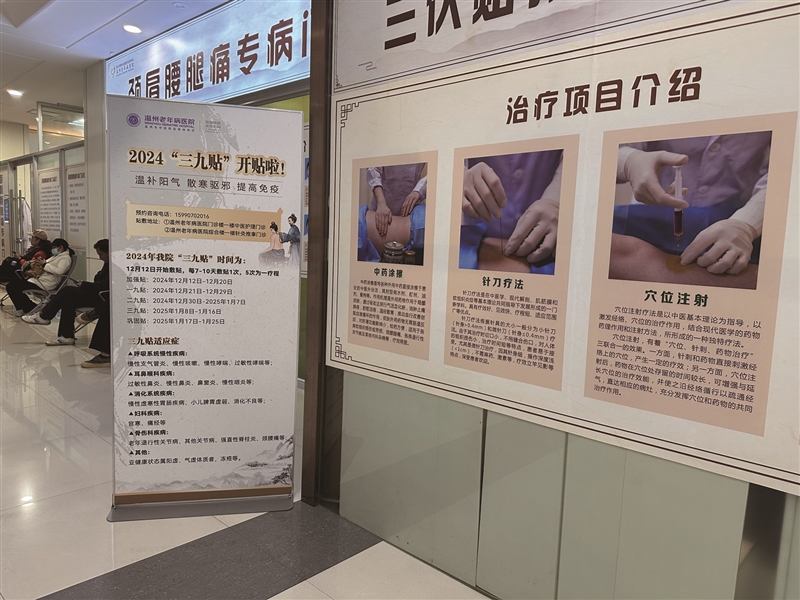
三九补一冬!温州多家医院开启“三九”养生项目
社会12-14
-
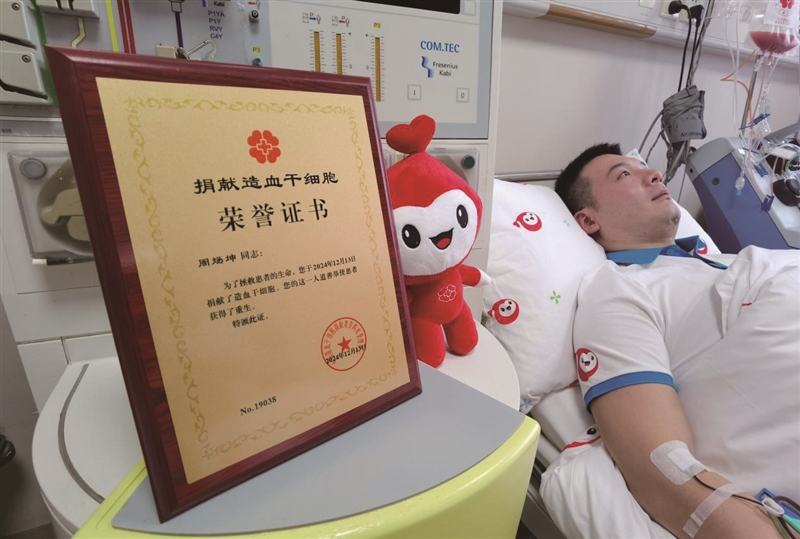
温州今年造血干细胞捐献者人数超20例 为历年最多
社会12-14


